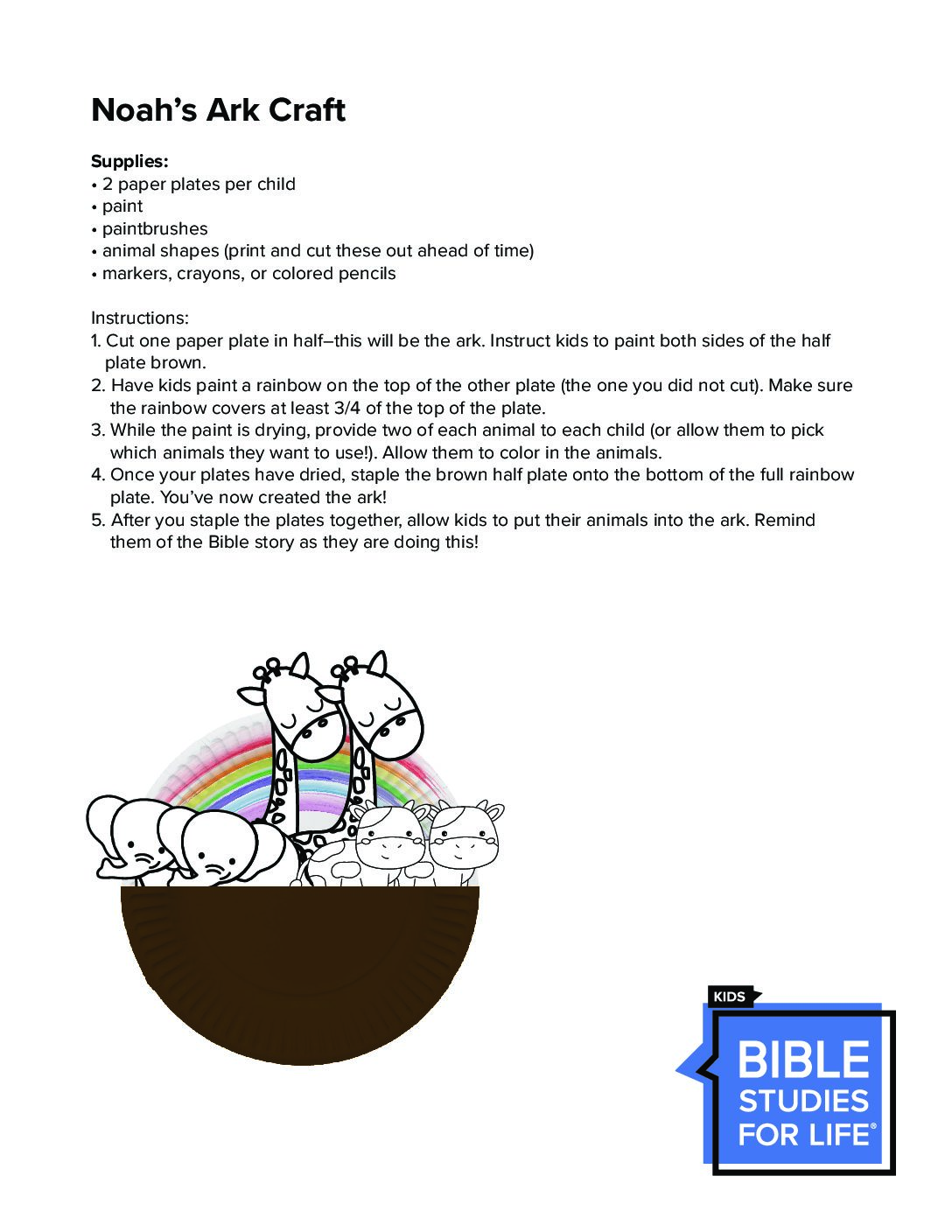Samuel Slater was born into an English farming family. He got a basic education, but at age ten began working at a cotton mill. He was later apprenticed to the owner of the mill and gained his greater education in how the machinery and the system worked.
In his 20’s, he learned that Americans were interested in developing similar machines. But there were some “hard feelings” about the whole revolution, and so Slater memorized as much as he could and left to cross the ocean to New York with a secret plan in mind. He built a factory from memory in order to produce spindles of yarn. Slater, today, is known as the “Father of the American Industrial Revolution” because things obviously took off from there.
Factories, and industrialization, spread in rapid fashion. Before then, the whole idea of “going to work” was not even in scope because in an agricultural society there was no separation between home and work. Everything changed. Everything was influenced from the food we consume to the hours we eat and even our overall perspective on life. The lenses through which we view the world changed.
The lens through which we view discipleship has changed.
We tend to think of spiritual growth through the industrialization lens. There are systems, processes, and plans. There are steps, progressions, and logical trajectories. None of these things are bad. Or wrong. Or unnecessary. And yet the perspective in which we might approach discipleship might be all wrong. That’s because disciples are grown; they aren’t manufactured:
“I am the true vine, and my Father is the gardener. Every branch in me that does not produce fruit he removes, and he prunes every branch that produces fruit so that it will produce more fruit. You are already clean because of the word I have spoken to you. Remain in me, and I in you. Just as a branch is unable to produce fruit by itself unless it remains on the vine, neither can you unless you remain in me. I am the vine; you are the branches. The one who remains in me and I in him produces much fruit, because you can do nothing without me. If anyone does not remain in me, he is thrown aside like a branch and he withers. They gather them, throw them into the fire, and they are burned. If you remain in me and my words remain in you, ask whatever you want and it will be done for you. My Father is glorified by this: that you produce much fruit and prove to be my disciples” (John 15:1-8).
This, of course, is one of the best known descriptions of life in Christ in the whole Bible. Jesus, in describing what it means to live and grow in Him, used an agricultural metaphor. You could argue, of course, that Jesus used this metaphor because He was originally speaking in an agrarian society. That in using this, He simply picked a familiar image that His hearers would identify with. I believe that’s true.
But I also believe it’s true that this metaphor provides a needed perspective shift for us. When we make disciples, we aren’t putting together cars or assembling furniture. Of course, there is a process, but it’s a process that involves human beings. Human beings doing the discipling, and human beings being discipled. For that reason, we must be careful that we don’t put too much faith in a process and too little faith in the God who sits over the process. That’s industrialization – that if we simply have the right raw ingredients, then follow the right steps, then out comes a mature follower of Jesus. Like an assembly line.
There are twists and turns. There are emotions and feelings. There are circumstances of great joy and terrible despair. And all these things come together, under the influence of the Holy Spirit, to move us toward Christlikeness.
Be careful then, friends. Be organized; be logical; be intentional – but do not be overly rigid. For that rigidity can indicate that we have replaced faith with procedure; that we have supplanted the work of the Holy Spirit with the ingenuity of man; that we are trusting in our own ideas rather than in God’s formative work.
Instead, walk with the kids in your ministry. Talk with them. Listen to them. And help them take just one more step at a time. This is how disciples are grown, not manufactured.
Michael Kelley lives in Nashville, Tenn., with his wife, Jana, and three children: Joshua, Andi, and Christian. He serves as the Sr. Vice President of Church Ministries for Lifeway Christian Resources. He is the author of Growing Down: Unlearning the Patterns of Adulthood that Keep Us from Jesus, Wednesdays Were Pretty Normal: A Boy, Cancer, and God; Transformational Discipleship; and Boring: Finding an Extraordinary God in an Ordinary Life.
This post originally appeared on michaelkelley.co.


 Fun Friday: Easter Recipe
Fun Friday: Easter Recipe »
»